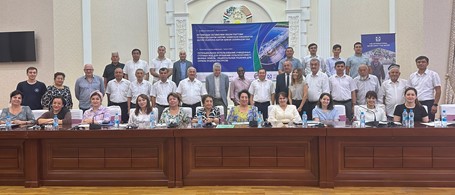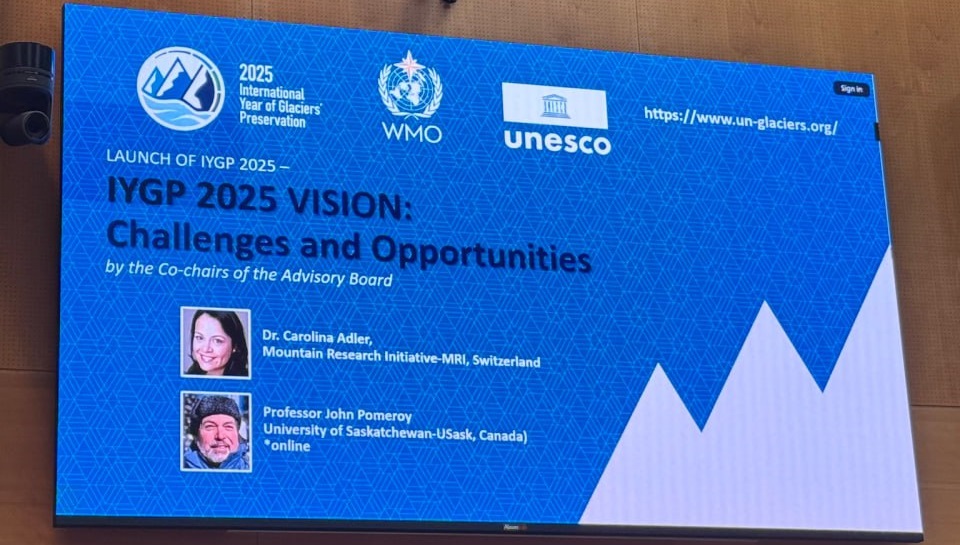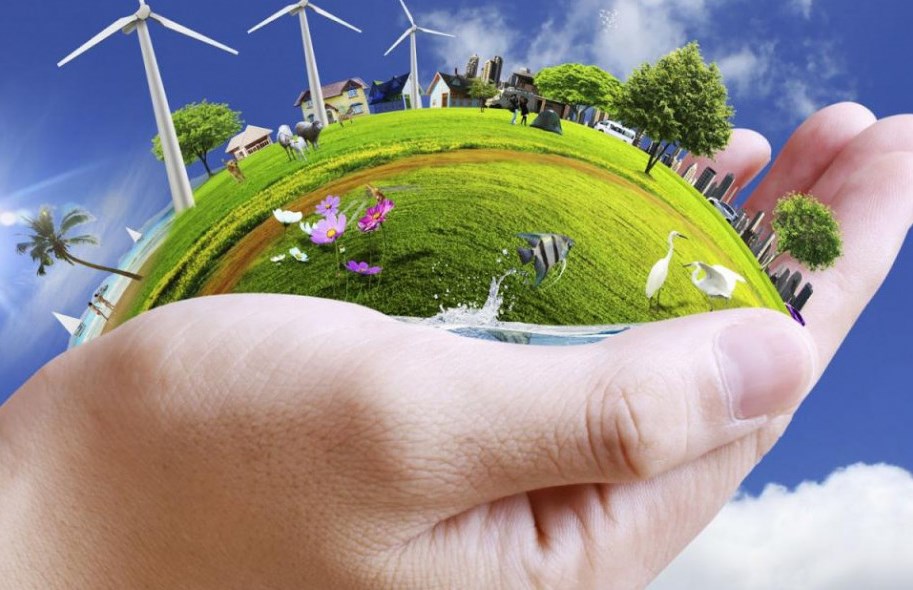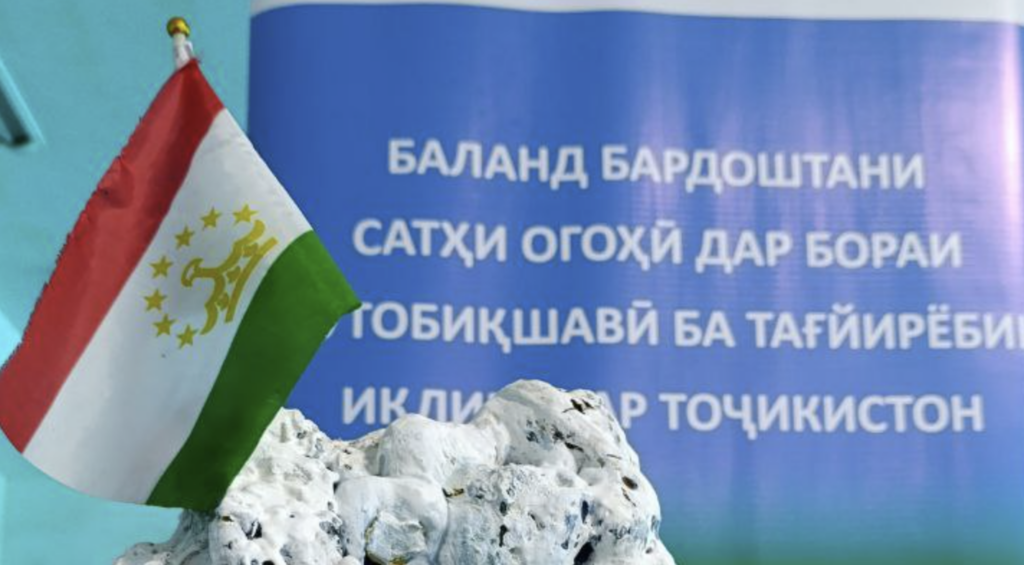On 7 August 2024, a scientific and practical conference was held in Guliston, Republic of Tajikistan, organized by Khujand State University (KSU) named after Academician Bobojon Gafurov – member of the Community of Practice on Water, Sanitation, and Hygiene in Central Asia (CoP4WASH CA), with the support of the Blue Peace Central Asia Project and the Swiss Agency for Development and Cooperation (SDC). The event was held in cooperation with the Regional Environmental Center for Central Asia (CAREC) and the International Secretariat for Water in Tajikistan (ISW).

The conference was attended in online and offline format by more than 45 representatives of academic and scientific communities, agricultural enterprises, dekhkan farms in Sughd province of Tajikistan and Fergana province of Uzbekistan, as well as representatives of the Syrdarya River Basin Organization and local executive authorities. The main focus was on the use of treated wastewater for irrigation, improving water safety and innovative approaches to natural resource management.
The Conference started with welcoming words of the Swiss Agency for Development and Cooperation, as well as representatives of KSU, CAREC and the International Secretariat for Water. Ashanti Bleich, Regional Program Officer in Water Infrastructure and Climate Change at SDC, noted the urgency of the problem of wastewater reuse after treatment and the strategic importance of its solution by the scientific community.
In the course of the conference, the report of Temur Sodikzoda (ISW) on results and perspectives of ISW activities in the field of sustainable use, quality and management of water resources”, including in the framework of partnership with the Community of Practice on Water, Sanitation, and Hygiene (CoP4WASH), one of the directions of which is the study of wastewater treatment efficiency by decentralized wastewater treatment plants to determine the potential of treated water use.
Prof. Zafar Razykov and Saidmukbil Khodzhiev (Mining and Metallurgical Institute of Tajikistan) spoke about drinking water quality problems in rural areas of Sughd province, noting that the lack of centralized water supply and high groundwater table create significant risks for microbiological contamination of drinking water sources. In turn, Pravin Ganesanandamurthy (University of Applied Sciences and Arts of Northwest Switzerland) presented the world experience of wastewater and sludge reuse, emphasizing the importance of quality control of treatment to prevent groundwater pollution.
The report by Oblamurod Karoboev (Sogd experimental soil-reclamation station) was devoted to the problem of salinization of agricultural lands in Sogd province due to natural conditions and anthropogenic factors, such as incorrect irrigation regimes and untimely cleaning of drainage systems. The report was supplemented by Orifjon Mansurov (cooperative “Sarob”), successful experience of introducing water-saving technologies in Sughd province was shared, emphasizing their economic efficiency and environmental significance.
Conference moderator Murot Sobirov (Khujand State University) presented an analysis of the environmental and economic efficiency of decentralized wastewater treatment plants, emphasizing their importance in improving the environmental situation in the region.
In conclusion, Akmal Nasrulloyev (Nexigol Mushovir LLC) presented technologies of vermicompost and biohumus production, which can be used to increase crop yields.
The speeches of the conference speakers were followed by an active discussion.
The participants emphasized that the information presented at the conference was based on modern assessments of wastewater reuse issues and rational solutions for water resources protection. Specific recommendations on data exchange, research and water quality monitoring in agriculture, especially in Sughd province, were proposed.
Farmers in Tajikistan and Uzbekistan expressed their willingness to cooperate with scientific and academic institutions to explore the possibilities of using fecal sludge as an organic fertilizer.
A common opinion was expressed on the need to formalize practices on wastewater and fecal sludge reuse, to develop rational solutions for water resources use and protection, and to prepare recommendations on data exchange and research organization. The participants emphasized the need to study the best practices of other countries on exchange of surface and groundwater quality monitoring data.
As part of the conference, the participants were organized a field visit to the vermicompost production site initiated by Akilov Khurshed, head of “Abdurahman sarkor” LLC. The participants were familiarized with the technology of biohumus preparation using red Californian worms. They were explained in detail the processes of substrate preparation, processing of organic matter, moistening and feeding of worms, as well as methods of separation of worms from the substrate and sieving of finished products. It is noted that in Tajikistan there is still no experience in the utilization of fecal sludge from sewage treatment plants and pit latrines, which indicates the need for research by universities in this area. As a result, the research will contribute to the development of recommendations for effective utilization of fecal sludge and obtaining a highly nutritious organic fertilizer for agricultural crops.
The conference also became a platform for consolidating the efforts of all stakeholders, mobilizing them for joint meetings and exchange of experience, as well as closer interaction between academic institutions and practitioners in the field of water, agriculture and ecology.
For information:
The Swiss Initiative “Blue Peace Central Asia” supports cooperation among Central Asian countries in sustainable water resource management.
Within the framework of the Blue Peace CA Initiative, implemented by CAREC, a Community of Practice on Water, Sanitation, and Hygiene (CoP4WASH) was established in collaboration with the University of Northwestern Switzerland and the Tajik Office of the International Secretariat for Water in 2021.
CoP4WASH serves as a platform for collaboration between academic institutions, non-governmental organizations, and the private sector to conduct research in the field of WASH. Support from researchers, practitioners, and various stakeholders will provide a scientifically grounded basis for accepting innovations, best international practices, and decentralized water supply and sanitation technologies at the legislative level in Central Asian countries.
Irina Yugay, Specialist, Water Initiatives Support Program, CAREC, wisspecialist@carececo.org



